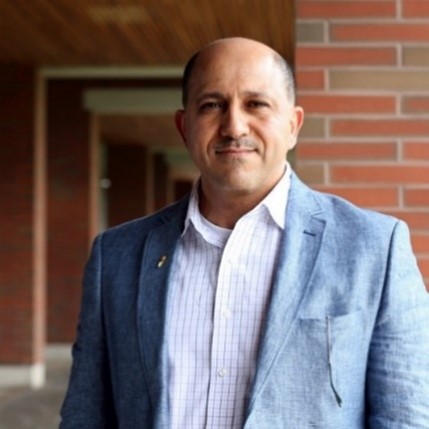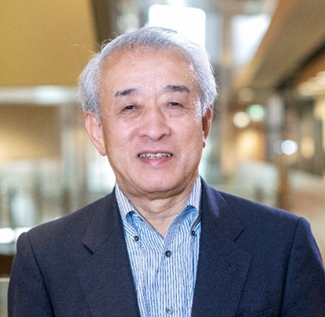Fellow IET (FIET), Distinguished Lecturer IEEE NPSS, Director of Smart Energy Systems Lab
Ontario Tech University, Canada
Biography: Dr. Gabbar is a full Professor in the Department of Energy and Nuclear Engineering, the Faculty of Engineering and Applied Science, at Ontario Tech University (UOIT), where he has established the Energy Safety and Control Lab (ESCL), Smart Energy Systems Lab, and Advanced Plasma Engineering Lab. He is the recipient of the Senior Research Excellence Aware for 2016, UOIT. He is recognized among the top 2% of worldwide scientists with high citation in the area of energy. He Fellow IET (FIET) and Distinguished Lecturer – IEEE NPSS on Nuclear-Renewable Hybrid Energy Systems and Plasma-based Waste-to-Energy. He is leading national and international research in the areas of smart energy grids, energy safety and control systems, and waste-to-energy using advanced plasma technologies. Dr. Gabbar obtained his B.Sc. degree in 1988 with first class of honor from the Faculty of Engineering, Alexandria University (Egypt). In 2001, he obtained his Ph.D. degree from Okayama University (Japan). From 2001 till 2004, he joined Tokyo Institute of Technology (Japan), as a research associate. From 2004 till 2008, he joined Okayama University (Japan) as an Associate Professor, in the Division of Industrial Innovation Sciences. From 2007 till 2008, he was a Visiting Professor at the University of Toronto. He also worked as process control, safety, and automation specialist in energy and oil & gas industries. Dr. Gabbar has more than 290 publications, including patents, books / chapters, journal and conference papers.
Dr. Hossam Gaber has been collaborating with Japan and Indonesia to promote nuclear-renewable hybrid energy systems, where he was invited to the panel discussions in Indonesia as part of IAEA and was the representative of Canada in IAEA to develop the roadmap of nuclear-renewable hybrid energy system deployments with different energy scenarios based on regional resources and requirements. Dr. Gaber developed novel integrated hybrid energy system simulator to synthesize and optimize different nuclear-renewable scenarios and evaluate different nuclear power plant and SMR technologies based on energy load profiles and local resources. Dr. Gaber prepared nuclear deployment strategies and training programs, and explored in different countries including Canada, USA, Indonesia, UK, Norway, South Africa, Brazil, Egypt, UAE, and Hungary. Dr. Gaber has presented his scholarly research in Wisconsin, Budapest, Tokyo, Cairo, Jakarta, and other cities around the world. Dr. Gaber is also leading national research related to radioactive waste for SMR deployment as part of University Network of Nuclear Engineering (UNENE), Canadian National Laboratory (CNL), Ontario Power Generation (OPG), and NSERC. His research led to patents and products in the market with industrial applications and projects.
Title: Hybrid Energy with Hydrogen Deployment Strategies for the Transition to Zero Carbon Communities
In this talk, hybrid energy with hydrogen deployments strategies are analyzed, modeled usign collaborative simulation. The different modeling levels of hybrid energy systems and hydrogen technologies will be presented as interconnected with community infrastructures. Collaborative simulation approaches are used to evaluate the utilization to plan hydrogen deployment in municipalities and community applications. The concept of energy semantic network is utilized to model energy networks and interconnected infrasturctures while defining key performance indicators. The collaborative simulation will enable the definition of different strategies and scenarios and optimize based on performance, risks, and transactive energy. Case studies will be presnted with energy, nuclear, transportation, hydrogen, and water networks as interfaced with infrastructures.


